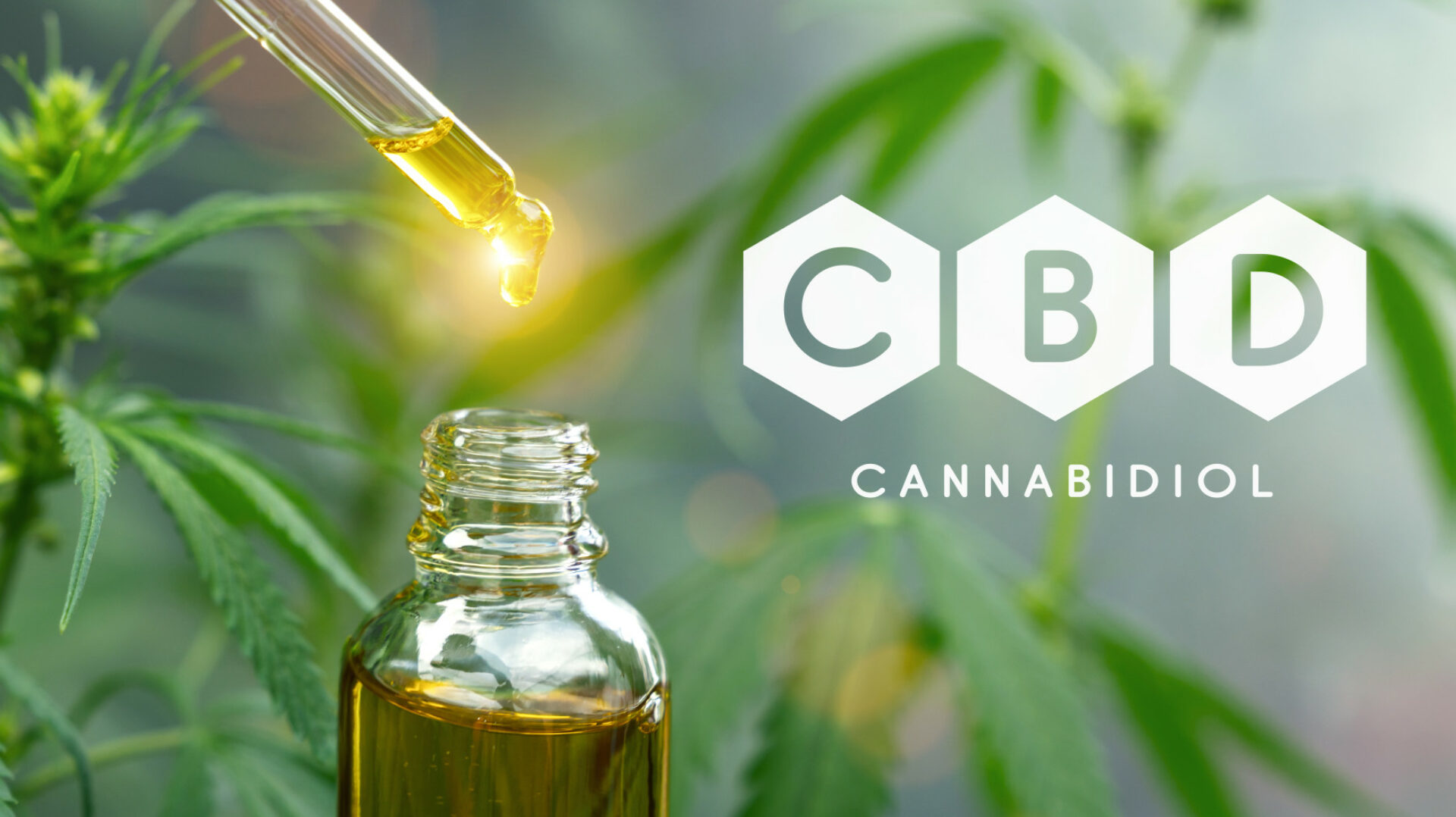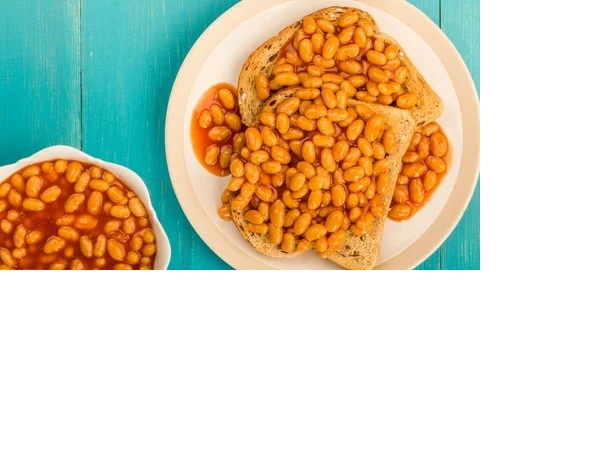Baked beans are a popular and beloved dish enjoyed by people around the world. Whether served as a side dish, part of a full English breakfast, or incorporated into savory recipes, baked beans are known for their rich flavor and satisfying texture. However, when it comes to their nutritional value, opinions may vary. In this comprehensive guide, we’ll delve into the nutritional profile of baked beans, explore their health benefits and considerations, and provide practical tips for incorporating them into a balanced diet.
Understanding Baked Beans:
Baked beans are typically made from navy beans (also known as haricot beans) that have been cooked in a sauce consisting of tomatoes, sugar, and various seasonings. The sauce may also include additional ingredients such as onions, molasses, mustard, vinegar, and spices, depending on regional preferences and recipes. Baked beans are a good source of plant-based protein, fiber, vitamins, and minerals, making them a nutritious addition to meals.
Nutritional Profile:
The nutritional composition of baked beans can vary depending on factors such as the brand, recipe, and serving size. However, in general, baked beans are rich in several key nutrients:
Protein
Baked beans are an excellent source of plant-based protein, with one cup (approximately 240 grams) providing around 14 grams of protein. Protein is essential for building and repairing tissues, supporting immune function, and maintaining muscle mass.
Fiber
Baked beans are high in dietary fiber, with one cup containing approximately 10 grams of fiber. Fiber is important for digestive health, promoting regular bowel movements, and reducing the risk of constipation, hemorrhoids, and diverticulosis.
Complex Carbohydrates
Baked beans contain complex carbohydrates, which provide a steady source of energy and help regulate blood sugar levels. The combination of fiber and complex carbohydrates in baked beans can help promote satiety and prevent spikes in blood sugar.
Vitamins and Minerals
Baked beans are a good source of several vitamins and minerals, including folate, potassium, iron, magnesium, and zinc. These nutrients play various roles in the body, such as supporting red blood cell production, regulating blood pressure, and maintaining bone health.
Health Benefits:
Heart Health
The high fiber content in baked beans can help lower cholesterol levels and reduce the risk of heart disease. Fiber helps remove cholesterol from the body by binding to it in the digestive tract and preventing its absorption into the bloodstream.
Weight Management
Baked beans are relatively low in fat and calories but high in protein and fiber, making them a filling and satisfying option for those looking to manage their weight. The combination of protein and fiber helps curb appetite and reduce overall calorie intake.
Digestive Health
The fiber in baked beans promotes digestive health by supporting regular bowel movements and preventing constipation. Fiber also acts as a prebiotic, feeding beneficial gut bacteria and promoting a healthy balance of microbes in the digestive tract.
Blood Sugar Control
The combination of fiber and complex carbohydrates in baked beans helps stabilize blood sugar levels and prevent rapid spikes and crashes in blood glucose. This can be particularly beneficial for individuals with diabetes or those at risk of developing diabetes.
Nutrient Density
Baked beans are a nutrient-dense food, meaning they provide a high amount of vitamins, minerals, and other beneficial nutrients relative to their calorie content. Including baked beans in your diet can help ensure you meet your nutritional needs and support overall health and well-being.
Considerations
While baked beans offer numerous health benefits, there are some considerations to keep in mind:
Added Sugar and Sodium
Some varieties of canned baked beans may contain added sugar and sodium in the sauce. It’s important to check the nutrition label and choose low-sodium or no-added-sugar options whenever possible. Alternatively, you can make homemade baked beans using natural sweeteners and minimal added salt.
Gas and Bloating
Baked beans contain oligosaccharides, a type of carbohydrate that can cause gas and bloating in some individuals. If you’re prone to digestive discomfort, you may want to start with small portions of baked beans and gradually increase your intake to allow your body to adjust.
Allergies and Sensitivities
Some people may be allergic or sensitive to certain ingredients commonly found in baked beans, such as tomatoes, onions, or gluten-containing additives. If you have food allergies or sensitivities, be sure to check the ingredient list carefully and choose products that meet your dietary restrictions.
Practical Tips for Incorporating Baked Beans into Your Diet:
As a Side Dish
Serve baked beans as a nutritious side dish alongside grilled meats, roasted vegetables, or whole grains such as brown rice or quinoa.
In Recipes
Use baked beans as a versatile ingredient in recipes such as soups, stews, casseroles, salads, and wraps. They add flavor, texture, and nutritional value to a wide range of dishes.
On Toast or Baked Potatoes
Enjoy baked beans on whole grain toast or baked potatoes for a quick and satisfying meal or snack.
In Breakfast Dishes
Incorporate baked beans into breakfast dishes such as omelets, breakfast burritos, or savory pancakes for a hearty start to the day.
As a Dip
Puree baked beans to create a delicious and nutritious dip for raw vegetables, whole grain crackers, or pita chips.
Conclusion
In conclusion, baked beans can be a healthy and nutritious addition to your diet, providing a rich source of plant-based protein, fiber, vitamins, and minerals. They offer numerous health benefits, including supporting heart health, aiding in weight management, promoting digestive health, stabilizing blood sugar levels, and providing essential nutrients. However, it’s essential to choose varieties with minimal added sugar and sodium and to be mindful of portion sizes, especially if you have dietary restrictions or sensitivities. By incorporating baked beans into your meals and snacks in creative and delicious ways, you can enjoy their nutritional benefits and add variety to your diet.
- Exploring Kratom Capsules: My Fun Review of Just Kratom’s Top Picks - August 1, 2024
- Benefits of Gymmema Supplements - April 3, 2024
- Benefits of Glucosamine Supplements - April 3, 2024

